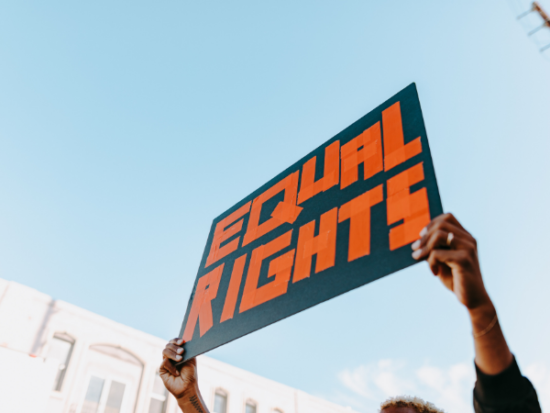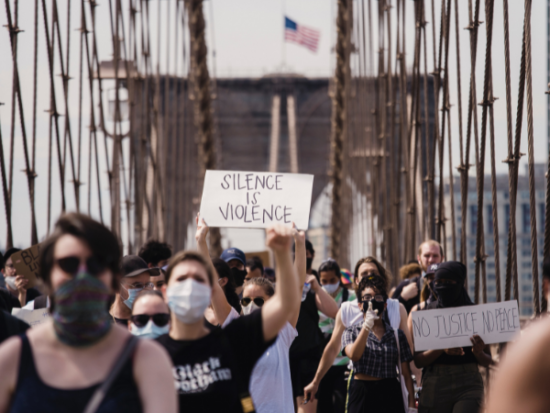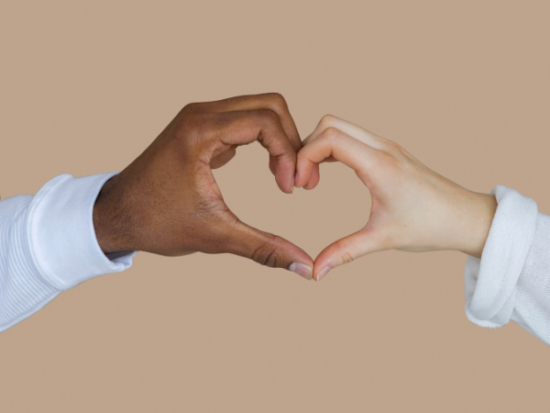What is systemic racism – everything you need to know
Racism is a very timely issue considering all the current issues we’re facing, not just in the United States but worldwide. Although this paradigm of inequality dates back from the early times, it is still evident despite the bigger issue of the pandemic. Defining what is systematic racism requires a deeper understanding of the grey areas not visible to some.
Take, for example, the hidden history of the Tulsa massacre, where dreadful mass incarceration of black families took place. It’s a significant event involving racism that resurfaced just recently. Up to now, no one can deny the continuing inequalities in housing, education, employment, wealth, and political positions.
Before digging deeper, racism definition is when you see others with negative attributes or suspicions that are rooted in racial disparities. In these modern times, racism is a part of an individual’s thoughts that’s influenced by the workings of society itself. It’s mostly a shameful representation of every country’s history of slavery and systematic racism.
What is systematic racism?

With so many racial killings taking place in every corner of the world, unfortunately, the criminal justice system isn’t reliable anymore. On a positive note, due to these killings, civil rights groups and advocates start to emerge. All with the same goal of ending reference to the systems that create racism for people of color in all walks of life. For a deeper understanding of racism issues, let’s define what systematic racism is.
Systematic racism, also called institutional racism, is a series of structures and systems that have procedures or processes defying disadvantages to African Americans. It involves the complexity of culture, institutions, and policy interactions. Although it’s hard to admit, it’s the process of ultimate white supremacy.
Given the definition, the structure of racism is manifested by different institutions and individual factors. This proves a lot when it comes to the disparities between persons of color and white people.
These factors are what embody structural racism:
-
Employment
To give you a heads up, black people’s unemployment equates to twice as high as white people’s unemployment. This has been the situation for almost 60 years. It’s the hard truth even for the chances of black college graduates to land a job after an interview is less likely if the other interviewee is a white college graduate.
Not only speaking about African Americans, but it’s the same mishap with Native Americans and Latinos. The growing income disparities affect these minorities.
-
Wealth Gap
Systemic racism is quite evident in every individual’s net worth. Here in the United States, the median net worth of a white family is ten times bigger than that of a black family and eight times bigger than that of a Hispanic family.
To be clear with numbers, Black Americans make up 13% of the whole population, and their part is only 2.7% of the country’s total wealth. For the median net wealth, a white household was $134,000, $11,000 for a Black household, and $14,000 for a Hispanic household. These numbers say it all. Racism is real.
-
Homeownership Discrimination
Up to now, people of color still endure drastic and racist housing policies. The condescending legal segregation depicts your health and job quality, safety, and even the quality of food you eat. That being said, their house ownership rates lag behind their white counterparts. Some research even shows that people of color encounter extra hurdles in mortgage approvals.
-
Criminal Injustices
Whether you watch the news or not, this issue lingers even on social media. As mentioned a few paragraphs ago, Black people make up 13% of the population but surprisingly represent 40% of the prison population.
It shows that when a Black and White person commits a crime, it’s more likely that the Black person is the one who gets arrested. Say, out of every 100,000 Americans, 700 are incarcerated, but out of 100,000 Black people, 4000 were incarcerated. See the difference? Racism is clear as day.
-
State’s surveillance
This government tracking policy doesn’t only cover the Black people but the Hispanics and Muslims too. But, the Blacks are still highly regarded when it comes to daily surveillance. When you’re white, no worries about getting monitored, but it’s a different case for Black people.
There are even reports of police harassment. Black drivers are also more likely to get stopped to be pulled over by the police. In 2011, NYPD exposure targeted just certain races ( Bangladesh, Indian, Pakistani, Lebanese, Egyptian, and Guyanese ).
-
Proper Health care
The infant mortality rate of Black and Hispanic babies is low compared to their White counterparts. These poor babies are more likely to die than survive and reach their 1st birthday.
Why so? Black mothers and Hispanics, too, are less likely or even don’t receive proper natal care. It’s the same thing with the Native Americans.
Even the Black doctors weren’t an exception to these racisms. 2012 study shows that the hospitals they go to are less funded and have less experience. They have fewer credentials as compared to their White counterparts. Moreover, they are also less likely to receive and be approved for government grants for researchers.
How to stop racism?
In light of Barack Obama’s presidency, it was remarkable progress in racism. No one can deny that the presidency of a Black president is a level-up to this systemic racism but the issue never really died down. As Martin Luther King quotes, “Injustice for one is injustice for all.” Here are some of the ways you can fight, if not stop, racism in your community.
- Criticize your biases and think where they could have originated
- Consider the feelings and experiences of people of color.
- Call out racist jokes.
- Review and understand your privilege.
- Be open to an intersectional approach in all aspects of your life.
Related Articles
Key Takeaway
While it seems like the widespread problem of systemic racism will be around for the next couple of years or even decades, there are ways on how you can be a good citizen and not contribute to individual racism. If you finally understand systemic racism, it should be a good eye-opener to sympathize with those who experience this systemic and institutional racism.




